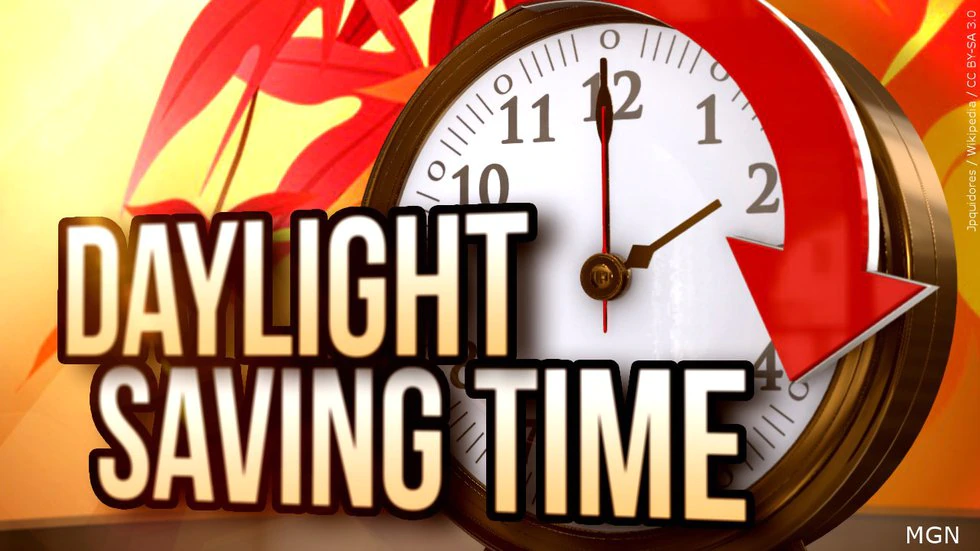CINCINNATI (WXIX) – Daylight saving time is back. You know the saying, we “spring forward” one hour — but we also lose an hour of sleep in the process.
If this time change takes a little pep out of your step, you’re not alone.
Dr. Nancy Foldvary, a Sleep Specialist at the Cleveland Clinic says, ”The inside clock, the clock inside our brain that regulates sleep and wakefulness, is typically a very reliable, periodic process and having just a one-hour shift can actually affect us pretty significantly.”
Not only does being sleepy make you less attentive at work, when you drive or at home, but it may also affect your body. That may make you more vulnerable to a stroke or even heart attacks.
“All of us have our own vulnerability to circadian rhythm changes. Some of us can manage in very difficult situations when our sleep structure changes and others cannot.”
Your heart and vascular system need time during sleep to recover. Ways you can help your body recover are the following:
- Get the daily recommended amount of sleep you need each day (at least seven hours of sleep for adults)
- Dim your lights and minimize your screen time at least one hour before bedtime
- Avoid eating or drinking just before bed — alcohol, caffeine or large meals can keep you restless through the night
Another way you can help your body adjust to the earlier daylight is to go outside at sunrise for early sunlight. The light will help set your internal clock.
Dr. Foldvary says if your sleep troubles last longer than a couple of months, you’ll need to see a doctor.
See a spelling or grammar error in our story? Please include the title when you click here to report it.
Copyright 2022 WXIX. All rights reserved.

















